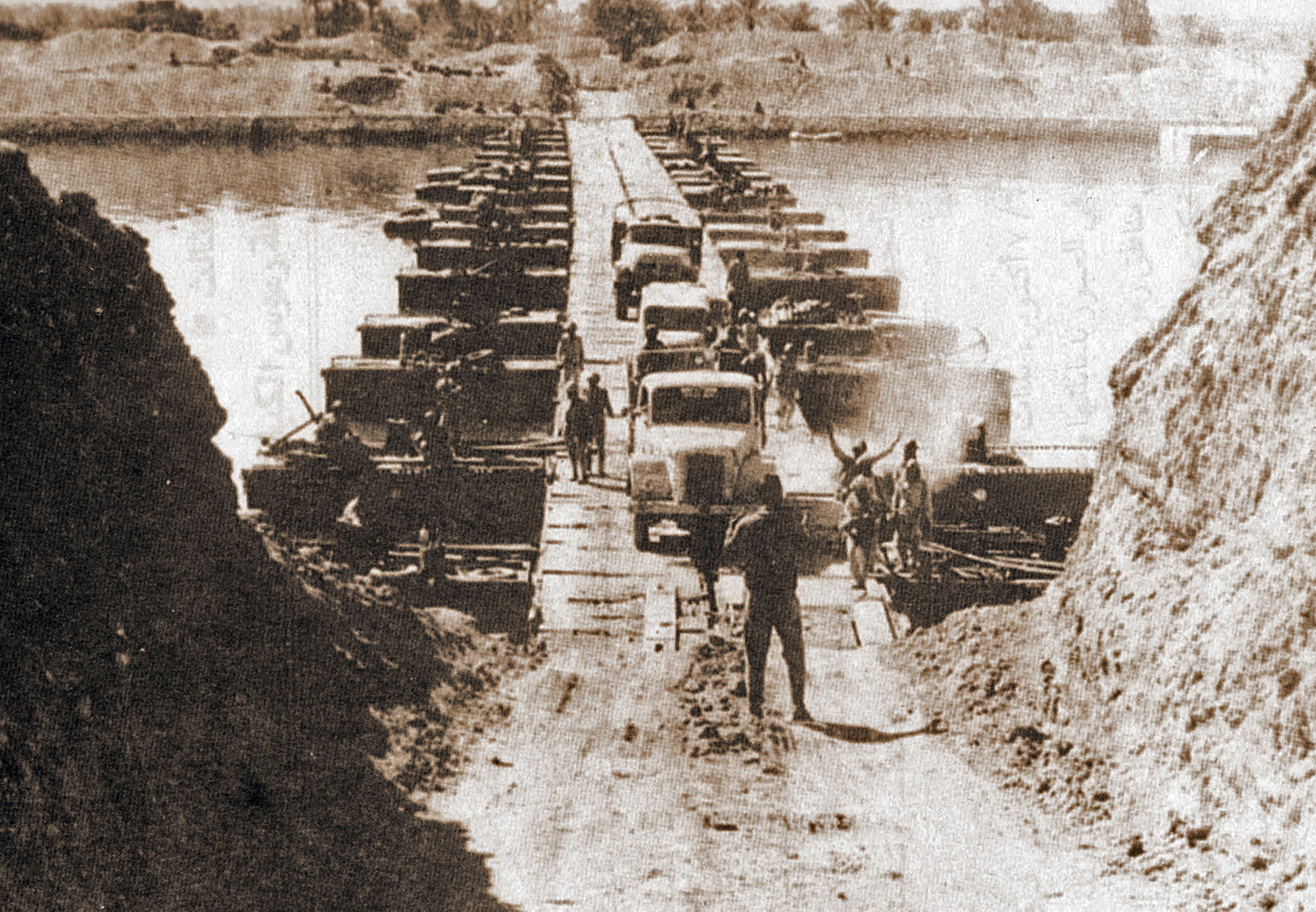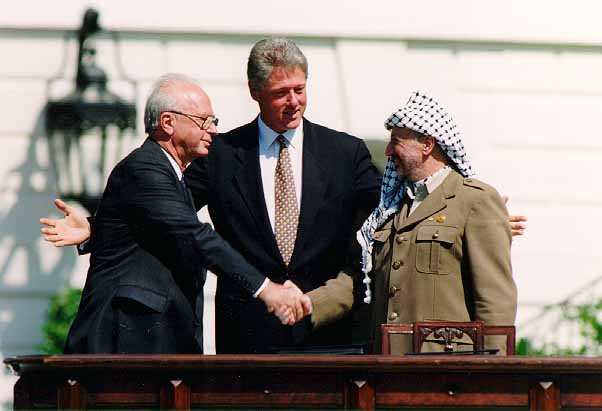
Arab-Israeli conflict (1)
Almost every day we hear about "news" in the Middle East from various media outlets. I deliberately put news in quotation marks, firstly because the conflicts in Palestine are certainly nothing new under the sun, and secondly because these news items are not the sensations one looks forward to. In my opinion, however, most people do not really know what is causing these conflicts and how far back they go. In fact, I am one of them. Maybe that's why I chose this tricky topic - I would like to understand it more and to understand what leads people to resent each other.






